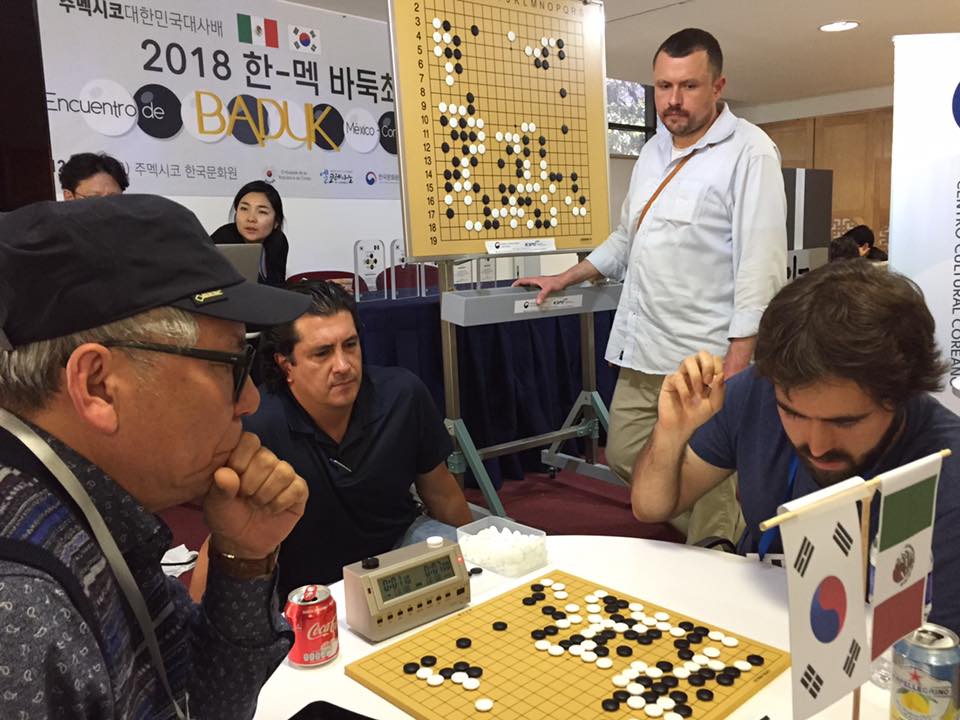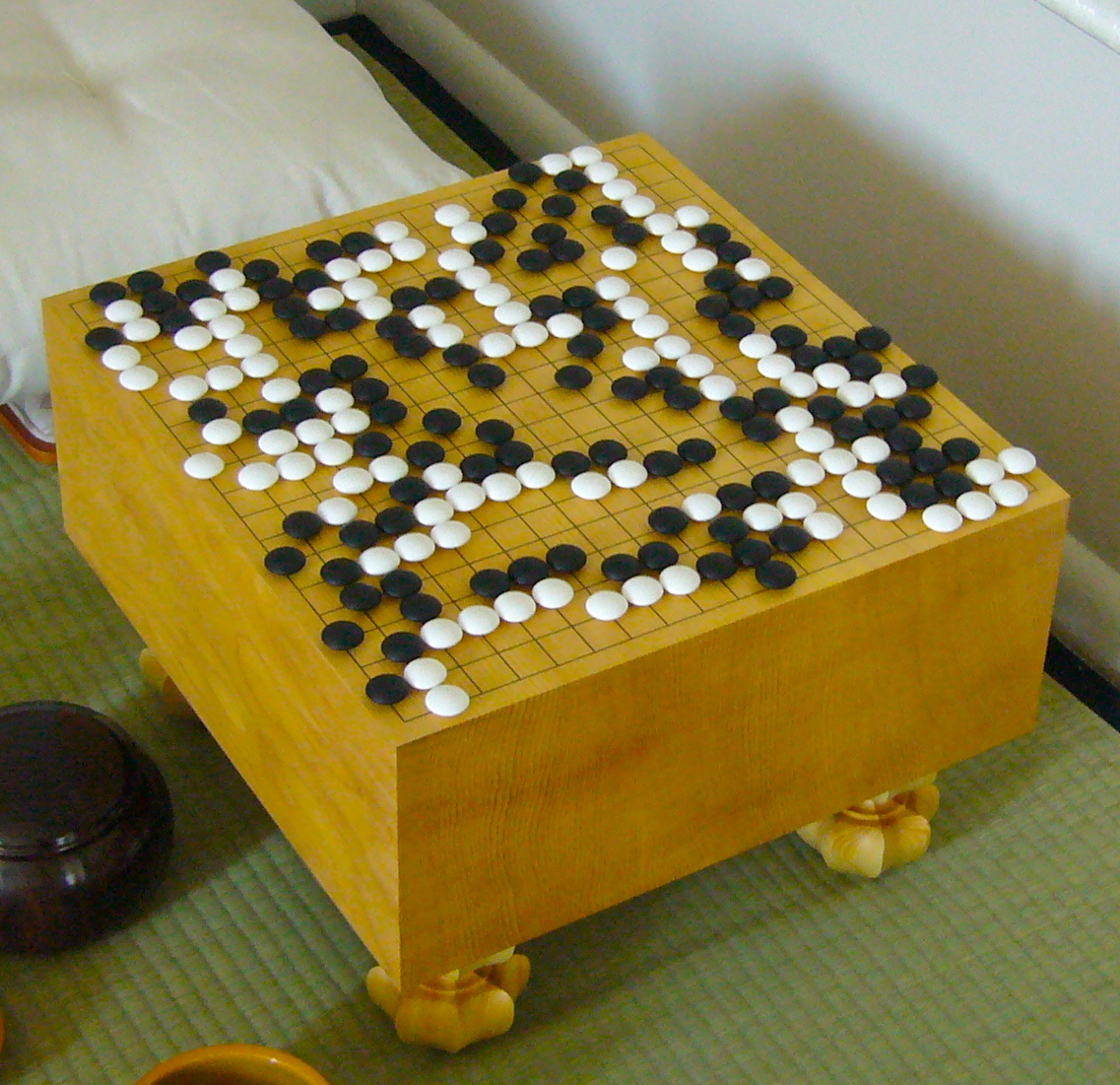Shortly after graduating high school (2008), I came across an ancient board game that some argue has been around for some 4,000 years. Legend holds it was invented by an ancient king, in order to teach his son to rule. And its wisdom has been consulted by military leaders, philosophers, and religious sages alike.
It's hard to believe that while humans were first discovering glass and establishing the modern written word, they were also taking solace in a game that would ripple through time. While Jesus walked on water, and every war in modern history was waged, people were finding pleasure in a millennias-old game of strategy and conquest.
I've been putting off playing for nearly a decade. If for no other reason than the belief that such an old game must be very dull. But with Covid restrictions this year, I've started to rethink my position -- and I'm so glad I did!

In 2016 a landmark in A.I. history was achieved when AlphaGo -- a computer program -- beat the then world champion Go player Lee Sedol. Before AlphaGo, computers had a difficult time playing human opponents due to the game's utilization of both emotional and logical intelligence. The game not only requires you to out think your opponent, but to develop a skill -- which Go players call reading -- where, using your instincts, you guess what your opponent will do next, sometimes dozens of moves in advance. For this reason, Go is considered one of the most complicated games in history. Computer scientists overcame the complexity by splitting AlphaGo's neural network into 2 segments, mimicking the the dual-hemisphere nature of the human brain.
Go is played by two players, taking turns laying stones on a 19x19 grid. The objective being, to surround more territory than your opponent, and to conquer some of their stones in the process. Go's strategy involves the formation of shapes, which players create to fight each other, dismantle opposing groups, and declare territory. With only 4 rules, Go gives players the freedom to still discover new shapes even today. A lot of modern shapes coming from AlphaGo, and A.I.s like it.
Go has recently began to permeate western culture through movies, TV series, and anime. Though I discovered the game looking for an alternative to chess, its presence cannot be denied in household favorites such as Teenage Mutant Ninja Turtles, A Beautiful Mind, and the Terminator television series.
Go culture doesn't end in the movies though. Players have their own jargon for special moves, attack sequences, game progress, and stone potential. There's an elaborate range of philosophies on how best to approach the game, and the community is inundated with numerous instructional tomes and proverbs -- little pieces of wisdom:
"Big dragons never die."
Suggesting the further you can stretch, the easier the game will be, or
"There's death in the hane."
A move where you dart around the corner of one of your opponent's stones.
We also owe the invention of QR codes to Go.
No matter where you are in life, Go can provide a stimulating mental exercise to keep your brain muscles going. Benefits include improved memory, planning skills, and all the friends you'll make along the way. Did I also fail to mention that because of the ranking system, it's a game you'll be playing for the rest of your life? There's always something new to learn.
Feel free to contact your local Go club or association to learn more. There are over 40 million players around the world. Who knows, you might even know one.

Image from the American Go Association's website, used for educational purposes. All other images from Wikipedia.
